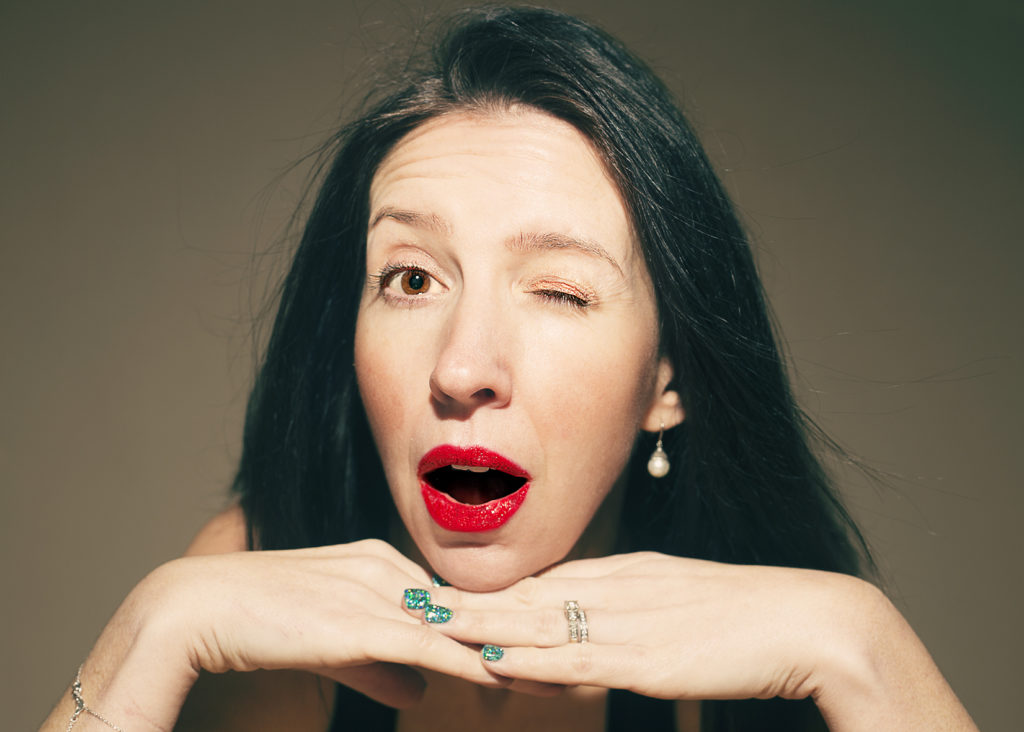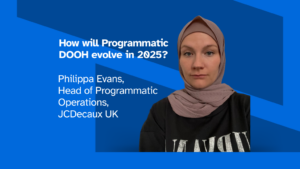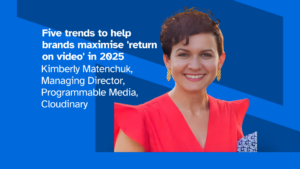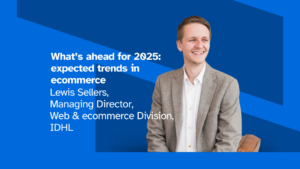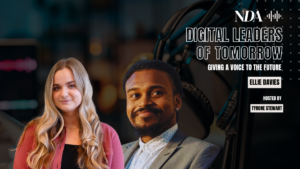by Jules Herd, Founder of Five In A Boat
As a mother of a five-year old, I feel very strongly about letting my child be a child. In my mind, my daughter should be learning through play, having fun with her friends and becoming an emotionally stable young person so that when she’s older she is equipped to be well rounded and ready to tackle the world.
This is especially important as today’s world is so very different than it was when I was her age; when social media was not a thing, when the concept of ‘influencers’ didn’t exist and when role models were your peers, your teachers and your parents – not complete strangers.
Yet today I have a five-year-old who, despite me working in tech for the last 20 years, can find her way around an iPad almost better than I can, who has developed an unhealthy obsession with screens and who is constantly quoting one of the many ‘kidfluencers’ she comes across on YouTube, despite my insistence in having tight parental controls in place.
Every day, many times a day, I am subjected to ‘can I just watch Ryan’s World or Toymaster, please, please, please?’, followed by a major tantrum if I say no, which I frequently do. And why do I say no? Because my daughter’s behaviour changes when she watches these programmes, because she has developed an attitude that she is entitled to everything she asks for, and because she starts putting on strange whiny accents that echo what she hears and sees when watching these so called ‘kidfluencers’.
I also don’t believe that at the age of five, young children such as Ryan Kaji, the star of Ryan’s World (formerly ‘Ryan’s Toy Review), have the emotional intelligence in this context to be role models for other children. After all, they’re still kids themselves.
And so it genuinely upsets me to see parents thrusting their children into the limelight at such a young age and on to platforms that are capable of having, if not managed properly, a hugely negative impact both on the people involved and on others. You have to question if the parents of Ryan – who has an estimated net worth of $120million – are putting their child in that position for financial gain, or whether it is because they have the best interests of their child at heart.
The cynic in me is screaming out that it’s the former.
Even more frightening is the fact that, according to a survey of 3,000 children conducted by Lego last year, the most coveted profession among those in the US and the UK is “vlogger/YouTuber”, indicating that children are now making decisions about their careers without fully understanding both the positive and negative associations of being an influencer.
Reassuringly, it seems that it is not just me that has these concerns. Research commissioned by music licensing company Lickd has recently revealed that from 2,000 adults questioned, 58% believe that kids should either not be put in the limelight by their parents before they are old enough to consent, or should not have their own accounts altogether.
A further 25% agreed that ‘kidfluencer’ accounts should not be monetised and that their parents are using their offspring to make an ‘easy buck’. This is especially pertinent given the current climate around more effectively promoting online safety. Supported by the 41% of respondents who stated that there should be far stricter monitoring of children-focused accounts to ensure that the content and comments are appropriate.
But where does the responsibility lie? For sure platforms such YouTube and TikTok have a responsibility to protect creators, especially children, but the reality is that, given that these ‘kidfluencers’ are a source of revenue for them, there is often a reluctance to step up to this duty of care. This often results in them putting the onus on parents to manage what their kids are doing.
The truth is that accountability lies with both platforms and parents. Influencers can be hugely positive role models for children: just look at the Joe Wicks phenomenon. I also believe that children, when in the right environment, have the capacity to be role models for other children.
However, when you throw in a platform ecosystem with minimal barriers to entry that is accessible to all, and then factor money into the equation, the best intentions can be lost. When it comes to cold hard cash, even the most noble of intentions and the most positive of messages can be bent and twisted into something intrinsically damaging.
The protection of minors, both behind and in front of the camera, must always be our primary concern.


